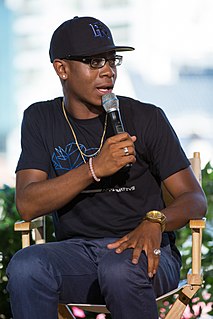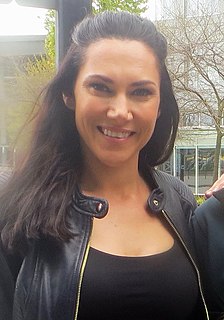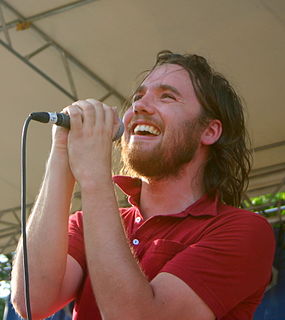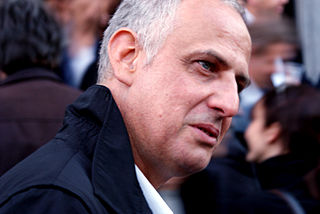A Quote by Diana Gabaldon
I write where I can see things happen, and then things get glued together. I do have the final scene, but that really is an epilogue. It's not part of the plot.
Related Quotes
I really like the Chris-R scene and of course the "you are tearing me apart Lisa" scene. The reason I love the Chris-R scene is because we worked really hard to finish it. It's not just that though, it brings people together. Everyone is one the roof together by the end of the scene. You see the perspectives of the different characters. I feel like with all the connections in this scene that the room connects the entire world
[Robert] Aikman would write horror stories that weren't gore, they weren't slashers, and they weren't monster stories either. He called them ghost stories. The main thing about them was the vibe. It was really disquieting. He wanted to sketch the scene so that you could see it and know the characters and get a feel for the motion - and then ask yourself why and not get a final answer. Leave something that itches. I loved that!
I had a lot of great lakes of ignorance that I was up against, I would write what I knew in almost like islands that were rising up out of the oceans. Then I would take time off and read, sometimes for months, then I would write more of what I knew, and saw what I could see, as much as the story as I could see. And then at a certain point I had to write out what I thought was the plot because it was so hard to keep it all together in my head. And then I started to write in a more linear way.
I started out as a poet who primarily wanted to write about image and moment. Over the years I've been trying to teach myself how to do plot and scene. My first story collection had the most issues with the plotlessness, and when I was writing my second collection I was teaching myself how to make things happen.
For me, the thing that I love about the show is the psychological thriller aspect of it. It's frightening and it's scary, and there are all these things that happen. You have these really dramatic scenes, and then you get in a scene with him and I can't tell you how many times I would start cracking up.
You know and I know that as soon as it's done, you have to get it out there. You want what's best for it. And especially in owning a label, which some days is the greatest thing for me and in some days is my demise because you see the truth and the work that goes into things and you see things happen and you see things not happen, and all you want in this world of currency right now is popularity, that's it!

































